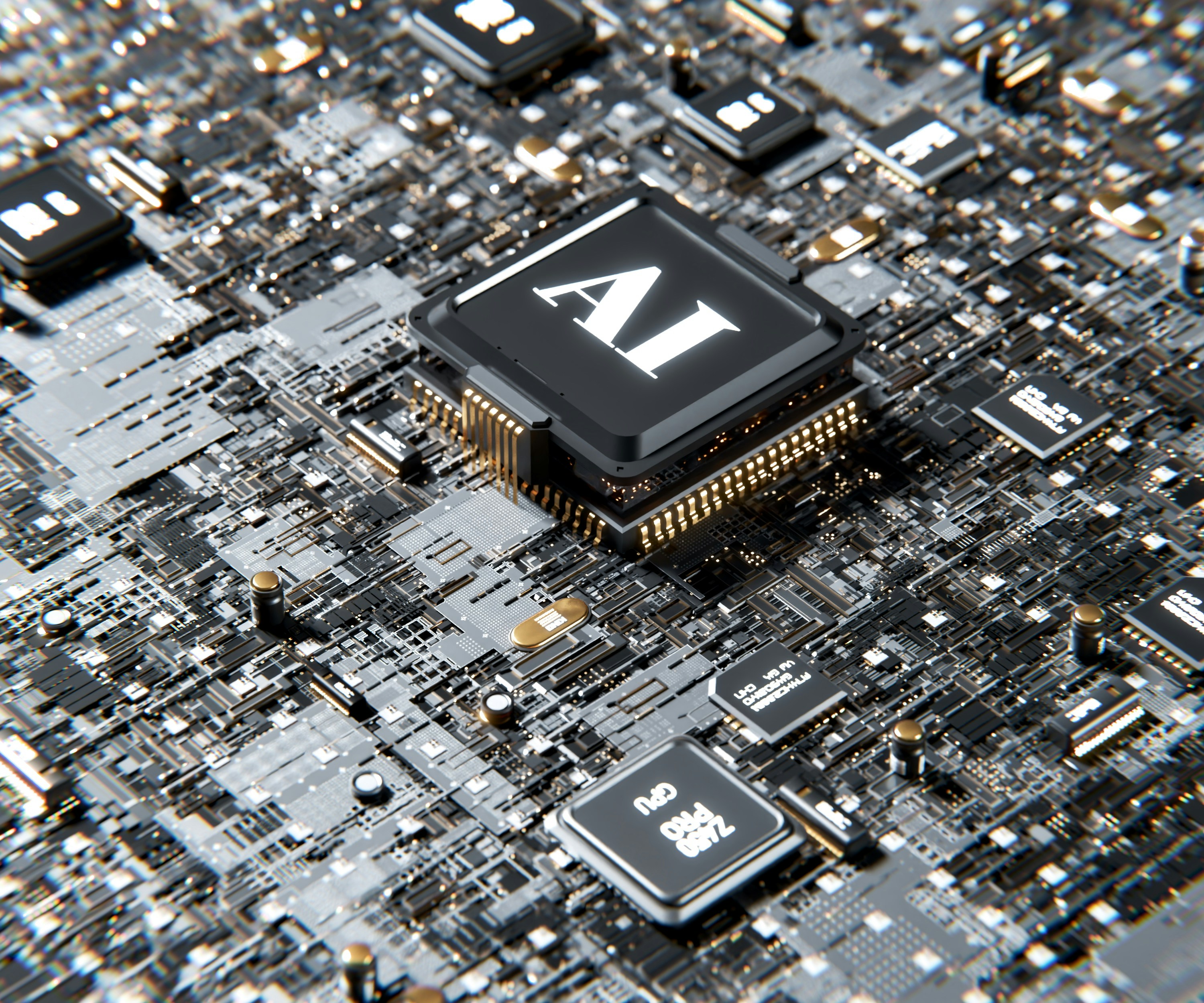
The Future of Technology: How AI is Shaping Industries and Transforming Lives
Artificial Intelligence AI Technology Future of Tech Industry Transformation Machine Learning AI Impact Tech Innovation Digital Transformation AI Benefits AI Challenges
The Future of Technology: How AI is Shaping Industries and Transforming Lives
Artificial Intelligence (AI) is not just a buzzword; it's a transformative force that's reshaping industries and changing the way we live and work. In this post, we'll explore the impact of AI on various sectors, its benefits, challenges, and what the future holds for this groundbreaking technology.
The Rise of AI
AI has come a long way from its early days of theoretical concepts to becoming a cornerstone of modern technology. Today, AI systems are capable of performing complex tasks, learning from data, and making decisions with minimal human intervention.
AI in Various Industries
AI is making significant strides in numerous industries, including:
1. Healthcare
AI is revolutionizing healthcare by enhancing diagnostics, personalizing treatment plans, and predicting patient outcomes. AI-powered systems can analyze medical images, detect diseases early, and assist doctors in making informed decisions.
2. Finance
In the finance sector, AI is used for fraud detection, risk assessment, and automated trading. AI algorithms analyze vast amounts of data to identify patterns and anomalies, helping financial institutions make better decisions and improve security.
3. Retail
AI is transforming retail by optimizing supply chain management, personalizing customer experiences, and enhancing inventory management. AI-driven recommendation systems help retailers offer personalized product suggestions to customers.
4. Manufacturing
In manufacturing, AI improves efficiency and quality control. AI-powered robots and systems automate repetitive tasks, monitor production lines, and predict maintenance needs, reducing downtime and increasing productivity.
5. Transportation
AI is driving innovation in transportation through the development of autonomous vehicles, traffic management systems, and predictive maintenance. AI enhances safety, reduces traffic congestion, and improves overall transportation efficiency.
Benefits of AI
Here are some key benefits of AI technology:
1. Increased Efficiency
AI systems can process and analyze data faster and more accurately than humans, leading to increased efficiency in various tasks and processes.
2. Cost Savings
By automating repetitive and time-consuming tasks, AI helps businesses reduce operational costs and allocate resources more effectively.
3. Enhanced Decision-Making
AI algorithms can analyze large datasets and provide insights that support better decision-making, helping businesses stay competitive and innovative.
4. Improved Customer Experiences
AI-driven personalization and recommendation systems enhance customer experiences by providing tailored suggestions and support.
5. Innovation and Growth
AI fosters innovation by enabling the development of new products, services, and business models that drive growth and competitiveness.
Challenges of AI
Despite its benefits, AI also presents several challenges:
1. Ethical Concerns
AI raises ethical issues related to privacy, bias, and accountability. It's essential to develop and implement AI systems responsibly to address these concerns.
2. Skill Gaps
The rapid advancement of AI technology creates a demand for skilled professionals who can develop, implement, and manage AI systems. Addressing the skill gap is crucial for maximizing the potential of AI.
3. Data Privacy
AI systems require vast amounts of data to function effectively, raising concerns about data privacy and security. Ensuring robust data protection measures is vital.
4. Implementation Costs
Adopting AI technology can be expensive, especially for small and medium-sized businesses. Balancing the costs and benefits is essential for successful AI implementation.
5. Dependence on Data Quality
AI systems rely on high-quality data to deliver accurate results. Ensuring data quality and integrity is a significant challenge for businesses.
The Future of AI
The future of AI is promising, with continued advancements expected to drive further innovation and transformation across industries. Key areas of development include:
1. Enhanced Natural Language Processing (NLP)
Advancements in NLP will enable more sophisticated interactions between humans and AI, improving communication and understanding.
2. AI-Driven Automation
AI-driven automation will expand into new areas, enhancing productivity and efficiency in various sectors.
3. AI and IoT Integration
The integration of AI with the Internet of Things (IoT) will enable smarter and more connected devices, driving innovation in smart homes, cities, and industries.
4. Ethical AI Development
Focus on ethical AI development will grow, ensuring that AI systems are designed and implemented responsibly and transparently.
5. AI in Healthcare
AI will continue to revolutionize healthcare, with advancements in diagnostics, personalized medicine, and patient care.
Get in Touch
How do you see AI impacting your industry? What are the benefits and challenges you have experienced with AI technology? I’d love to hear your thoughts and stories! Reach out to me through any of the following channels:
Thank you for reading, and stay tuned for more insights and tips as we continue our tech journey together!